
We use three essential ingredients.



Enter your message below or call Tim on 01424 894237

Tim Young
Land Engagement Lead
“Best trip we have been on”
Kent College, Pembury

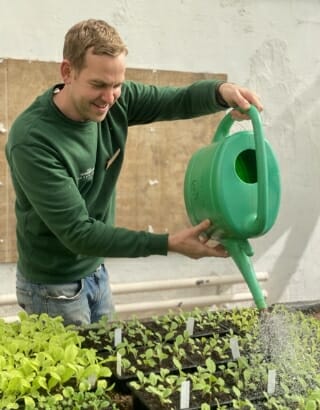

Passionate about all ages connecting with the land and getting up close with the wonder that is found there.
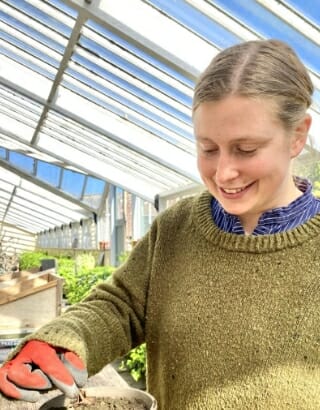
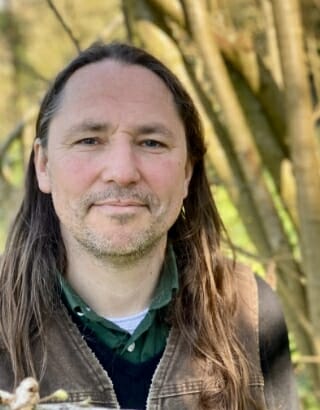
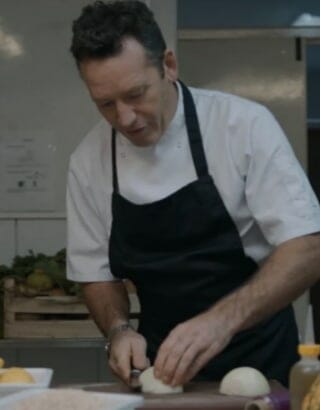
With over 30 years of restaurant experience, James has a passion for passing on the importance of food provenance and sustainability.

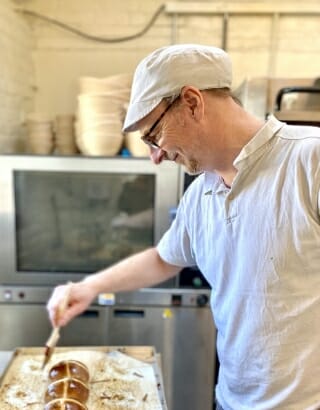
An award-winning baker. Passionate about good hand-made bread and local ingredients.

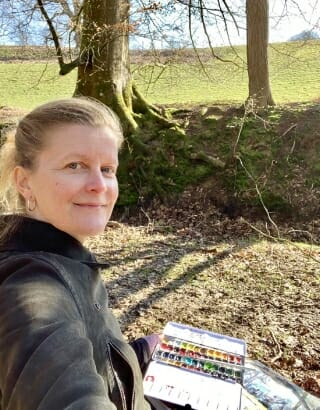
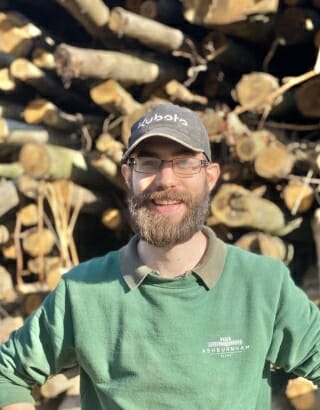

Always looking to help, share and co-create the best activities, food and drink and places of rest here at Ashburnham Place.
Research demonstrates that by noticing and engaging in simple activities within the land we receive a multitude of benefits and develop a deeper connection with it.
Ashburnham Place has over 220 plus acres of ancient woodland, rich ecological habitats and lakes and is a designated site of specific scientific internet (SSSI).
Benefits of being in nature include: improved mental wellbeing, more pro-environmental and conservation behaviours, greater vitally and happiness, a more satisfied life with greater purpose, meaning and gratitude, greater physical health, a renewed sense of belonging and the building of life affirming relationships with others.
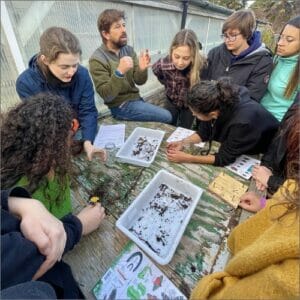
Beyond the well documented benefits of being in nature we want to use Ashburnham Place, all of its ecology, wild life and people, to offer exciting outdoor educational and reflective activities. These range from nature education and conservation, foraging and cooking, growing food and gardening, arts in the land, all intertwined with theology and philosophy.
We want to work with you to co-create a bespoke trip or event for your school. We hope that these times will not only be educational but also spiritual, fun and holistic: to encourage and help with self-reflection and character formation. Furthermore, the activities offer help in boosting confidence, developing skills for living and building well-being and self-esteem.
We offer help in cultivating your cross/co-curricular activities, developing ideas for curriculum enhancement and enrichment, and simply getting pupils outside of the classroom, hands on and hands in the delight that is within the land.
Finally, we would love to help schools ‘ground’ their values or bring a school vision alive outside of the classroom through connection to nature e.g. kindness, gratitude, humility, respect, resilience or a key statement such as ‘living life in all its fullness’.
Ashburnham Place has a Christian foundation and has many staff who are theologically trained. We are happy to help schools deliver their Christian distinctiveness and aid in rooting their Christian vision and values so that they can impact pupils and adults within their school communities. Tim Young, our land engagement lead, along with other members of the team are also available to help with assemblies, talks, lessons or even with school acts of worship.
We want to welcome a wide range of groups such as families, church groups, home schoolers, individuals, higher education students and ordinands.
We can offer retreats, days of reflection, staff days, teaching and curricular enhancement, all around the theme of land and theology (e.g. Christian ethics, sustainability and environmental ethics, food ethics, doctrine of creation, creation care and spiritual disciplines.). This may be a joint teaching or entirely led by the staff here at Ashburnham Place.
For church groups we want to help offer days where generations can come together and learn together in the outdoor. In particular, encouraging prolonged time spent in creation to rest, delight, worship and celebrate our common home and life together. Many of the staff at Ashburnham Place have been theologically trained and have roles in which they daily embody their thinking and faith.
Please contact Tim and have a chat about what is possible here as there are a multitude of ways we can engage with the land.
The table below gives an indicator to our price structure, however, we work closely with groups to make sure all our activities are as accessible as possible.

Health and Safety
On a school visit pupils must remain under the teachers’ supervision and remain their responsibility at all times. Teachers are also responsible for all first aid arrangements and must carry the necessary first aid kits and a mobile telephone. We also require a ratio of one adult to each group activity.
Visiting schools must have public liability insurance to cover their own potential liabilities. A risk assessment will be sent before your visit. ACT has insurance, covering its potential liabilities.
Ticks and Lyme disease
Ticks are small, spider-like creatures that feed on the blood of animals and people. They tend to be found in dense woodland or moorland and feed on deer.
While feeding, they can transmit viruses and infections that cause disease, with the most common being Lyme disease – a bacterial infection which can be treated with antibiotics.
While not all ticks carry the disease, and not all tick bites will result in infection, it is important to take necessary precautions to prevent tick bites where possible, and to check for ticks after spending time outdoors, as the longer a tick is attached, the higher the risk of infection.
Ticks are tiny, and their bite is normally painless, so a person will not necessarily know they have been bitten without checking carefully for any ticks.
Ashburnham Christian Trust
Ashburnham Place
Battle
East Sussex
TN33 9NF
United Kingdom
Ashburnham Christian Trust
Ashburnham Place
Battle
East Sussex
TN33 9NF
United Kingdom
General enquiries & Individual accommodation bookings
Tuesday – Friday: 9.00am – 4.30pm
Saturday – Sunday: 9.00am – 3.00pm
Tel: 01424 894201
Orangery Enquiries & Afternoon Tea Bookings
Tuesday – Friday: 11.00am – 4.30pm
Saturday – Sunday: 11.00am – 3.00pm
Tel: 01424 894217
Group bookings
Tuesday – Friday: 9.00am – 4.30pm
Tel: 01424 894238
Tel: 01424 894205
Tel: 01424 894207
Follow us
ⓒ 2024 All rights reserved. Ashburnham Christian Trust. Registered Charity No.: 212755
Signup for news and special offers!
You have successfully joined our subscriber list.